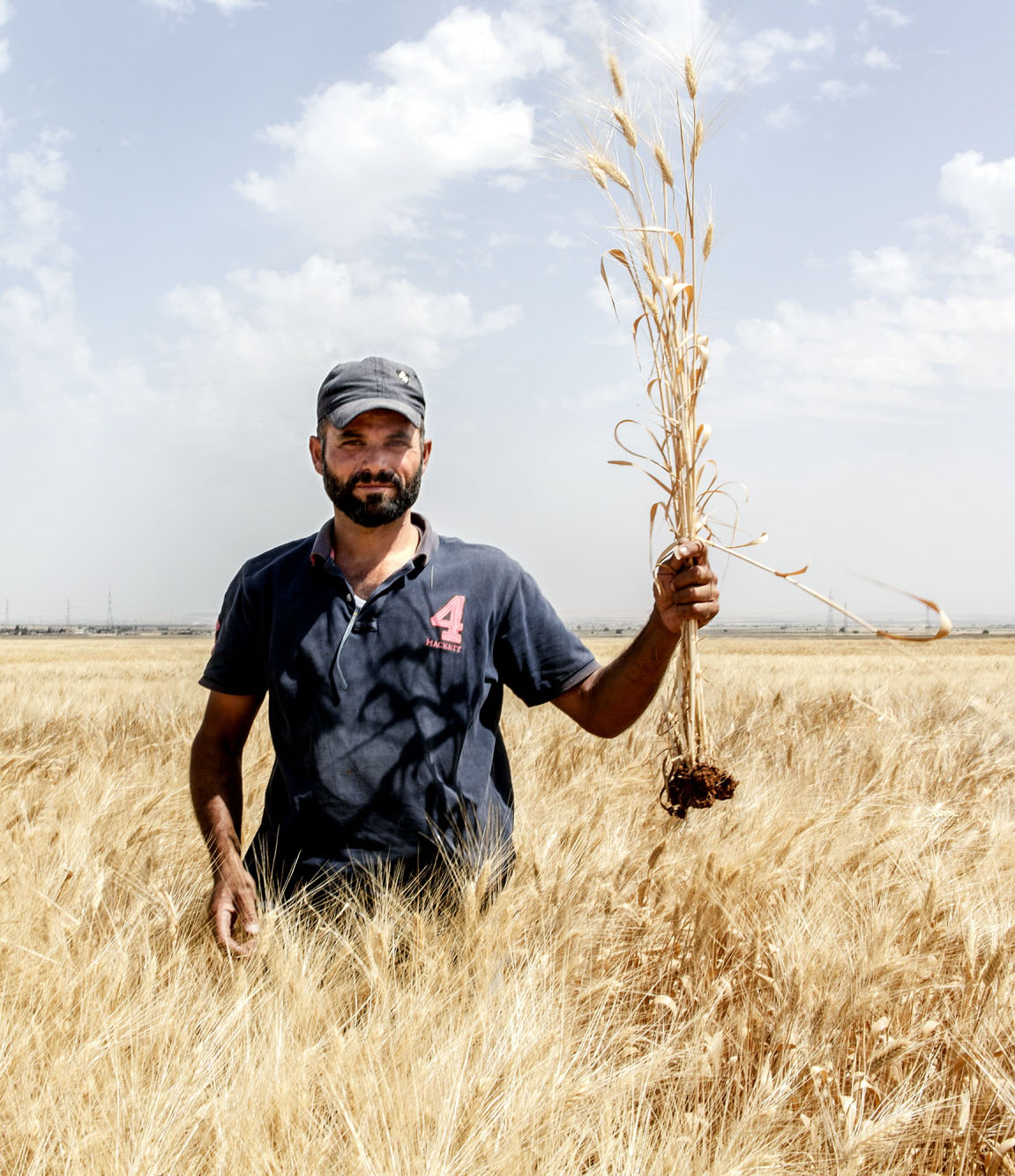Do you wish to inspire change and raise awareness of plant health in your country? Become a national #PlantHealth champion! The #IYPH2020 global campaign requires the support of bold national advocates who will inspire others to take concrete actions and promote plant health at the country level
As a national champion, you will support IYPH global efforts and inspire different stakeholders, including your community, national institutions and local decision makers to take effective and appropriate actions to protect plant health and prevent natural resources from pests, diseases and other global threats.
National plant health champions are staunch promoters of plant health and the IYPH key messages. Raising your hand at events, talking with the media, being active on social media, organizing activities dedicated to plant health, translating some of the IYPH materials into your native language. These are just some ideas national plant health champions may follow to advocate for plant health in their countries.
Anyone can be appointed as a national plant health advocate! However, a certain grade of expertise, strong motivation, demonstrated responsiveness and activism in plant health issues will count when nominating national plant health champions.
Nominations to become national plant health champions can be submitted to IPPC contact points for your country. If you want to become a national plant health activist present yourself as a candidate and share your profile and ideas with them, keeping the IYPH Secretariat in the loop!

We all need to respect plant health regulations that have been put in place to protect agriculture, forestry and the environment. Be careful about bringing plants and plant products (e.g. seeds, vegetables, cut flowers) across borders, even when you order from online sources. Everyday actions also include reducing your environmental footprint, protecting natural resources and spreading the word.
If you are a farmer or work in agribusiness, you can have a direct influence on plants, and the management of natural resources. Women and men who work in agriculture play a vital role in protecting plant health.


Governments can protect plant health in many ways, thus enhancing food security, protecting the environment, and facilitating trade.
Private sector businesses have a key role in plant health as they can contribute to the development of global plant health standards and help implement them. The private sector is also a driver of innovation in the plant-health domain and a key player in the production and protection of plants and plant products.
